Poet and editor Phillip B. Williams answers 4 questions from Shayla Lawson in this recent interview conducted for De-Canon. This is the first of a new series of guest interviews and posts we will be featuring on this blog.
Read More"The history of English is inextricably tied to the history of war, to the history of empire; they cannot be separated. And hence our literature cannot be separated from these histories. Language is one of the most powerful weapons of war. It is also one of the war's first victims."
---Robin Coste Lewis @ Portland Arts & Lectures, on 4.20.16

MORE POSTS
Janice Lee is a Korean-American writer, educator, and healer. She has written books in nearly all genres including fiction, creative nonfiction, and most recently poetry. Janice Lee’s most recent book of poems, Separation Anxiety, guides us through grief and healing in communication with nature, humans, animals, and the afterlife. Separation Anxiety gathers bits of humor, sadness, and hope through its movement of form. While reading Separation Anxiety, I was carefully placed in the cycle of healing and emotional hues shined onto me from page to page.
I think that all of the work that I do shares the thread of community in some way, whether it's event planning, or writing, or DJing. I think that at the heart of my work is connection. Ultimately, no matter what I'm doing, whether it's teaching or even helping a nonprofit with their communications—that is all a form of connection. With my writing, specifically thinking about my younger self who wished to read something that would be more reflective of her experience….
by: Sam Rivas, Contributor & Guest Author
De-Canon Project features poems on Fathers, Fathering, and Fatherhood. Each poem demonstrates the complexities of masculinity and how it can either be rigid or softened in the role as a father. As someone who has my own complicated yet beautiful relationship with my father, I found the poem “Coniferous Fathers” by Michael Kleber-Diggsss to be relatable. Anytime I get a chance to see my father or any father fall out of the toxic masculinity cycle, I feel comforted by their letting go so they can love us softly. Happy Father’s Day to all of the newly loving fathers out there!
by: Sam Rivas, Contributor & Guest Author
@decanonproject features books by LGBTQ Writers of Color which bring intersectional communities together.
Happy Pride Month!
.
Ocean Vuong, Night Sky with Exit Wounds
Carmen Maria Machado, In the Dream House : A Memoir
Natalie Diaz, Postcolonial Love Song
#pridemonth #lgbtqwriters #lgbtqcommunity #lgbtqpoets #creativewriting
De-Canon Project continues to celebrate AAPI writers’ poetry & art!
.
Engine Empire poems By Cathy Park Hong
“Though once I was so decent from such humble backgrounds
my ma bit her arm to feed us brothers three.
Am I cursed? I drink the myrrh her life who forced me alive.
History intones catch up, catch up while a number rots, then another.”
— “Seed Seller's Sonnet” (61)
Asian American Pacific Islander writers whose books have conversations with one another on the theme of intersectional feminism and womanhood.
A Bestiary by Lily Hoang
“To prove our renowned endurance of pain, Vietnamese women
adorn their wrists with jade bracelets. In order to get the damn thing
on, one must distort the hand, almost breaking it. I have yellow
bruises for days, and yet: this is proof of our delicacy: how well we
take that agony and internalize it. The tighter the fit, the more suf-
fering the woman can persevere, the more beautiful she is considered.”
—“on the RAT RACE” (18)
De-Canon celebrates Asian American Pacific Islander writers, zooming in on Pacific Northwest published poetry. These collections share elements of identity—history, grief, and family.
Portuguese by Brandon Shimoda @brandon_shimoda (Octopus Books & Tin House Books) @octopusbookspoetry
“Every child I see I say to myself / is that how my child will look? I look/ For parents to extrapolate against, see only/ Myself on the opposite shore” (8, The Grave on the Wall)
.
.
by: Sam Rivas, Contributor & Guest Author
De-Canon contemplates the complexities of things we might think about on Mother’s Day, highlighting a few books by women writers of color on motherhood, mothering, mothers, and inheritance. Below are my favorite glimpses of The Breaks by Julietta Singh, Guidebook to Relative Strangers: Journeys into Race, Motherhood, and History by Camille T. Dungy, and Bring Down the Little Birds by Carmen Giménez Smith.
Being a daughter to a mother who is 843 miles away, has reminded me of my newborn self—calling every hour and crying to be fed words of reassurance. I am pregnant for the first time and each of these books feels like a Bible designed to understand mothers. They are gems of wisdom holding space in a world that typically focuses on the ugly of motherhood.
De-Canon resumes its mission of “de-canonizing” by teaming up with Fonograf Editions to publish an anthology of hybrid-literary works by women and nonbinary BIPOC writers. This anthology will explore multimodal forms of writing that navigate the restless intersections of writing, visual art, and other media, and that innovate in their contemplations - and complications - of language and form. In this anthology we wish to investigate how and why the hybrid space resonates as it does, notably for BIPOC women and nonbinary writers, who may use such modes to elasticize and elude definitions, defy and blur boundaries, and thus reimagine paradigmatic possibilities. Submissions are open from October 1, 2021 to January 31, 2022.
Back in 2017, I conducted a survey of all the graduate creative writing programs in the United States with the goal of identifying which programs had permanent full-time faculty of color teaching creative writing. That series of posts sparked a much larger discussion about faculty recruiting and hiring practices […]
Since moving back to Canada in 2019, I’ve been curious as to how things looked in my own country, and so decided to repeat this study, but this time focusing on Canadian universities that offer MFAs in Creative Writing as well as MA or Ph.D. English degrees with Creative Writing thesis options.
We are thrilled to be hosting a number of terrific readings and events at De-Canon during the last week of March as part of the offsite event offerings for AWP 2019 (Association of Writers & Writing Programs), the largest North American conference for writers, writing programs, publishers, literary journals, and other related vendors. Over 14,000 writers are expected to visit Portland. And we are pleased to be the host for a number of great events — check them out below. If Facebook event links are available, we’ve linked them to the event titles.
Summer is dwindling, the air is forest-fire smoke-hazy, the country's news cycle continues to exhaust and infuriate, and we here continue to believe in the (both) urgent and timeless need for books, art, reading, poetry, sharing, and for representation, and spaces that allow us respite - yet through continuing and thoughtful engagement - from/with the chaotic rest of the world. As I write this now, it is an August afternoon and I am sitting in the quiet of our library…
Thanks to the generosity of Artists Milepost, we'll be in residency there from mid May to late July. Our opening event will be on May 12 at 6pm. Through these three months, the exhibit space will be open as a reading library, workspace, and venue for 4 days a week, with the occasional weekend events. We are expanding our archive and hope to have over 500 books available for visitors to read.
It's been a busy few weeks since AWP, but we wanted to share some of the books we brought back to add to De-Canon's growing archive, as well as books we recently received as donations.
This is a conversation interview conducted by Dao Strom, new editor of diaCRITICS, with Viet Thanh Nguyen, author, founder and publisher of diaCRITICS. Read more about what Nguyen has to say about diaspora, identity, and the unique "double burden" of making art as a "minority" person amid or between "majority" cultures.
...I’m of the belief that anything a Vietnamese artist does is inherently Vietnamese, but is also something else–that it can be and should be universal too. The challenge for us is that, as minorities, we always labor under the double burden of our specificity while attempting to prove our universality.
Although De-Canon does not have a formal presence at AWP this year (that is, we didn't invest in a table), we will still have a presence of sorts. If you'd like to chat about the project, discuss past or future post topics for the blog, or want to learn more about how to have your own books included in the archive, stop by Table 1136 in the bookfair to find Neil who is representing Boxcar Poetry Review & Have Book Will Travel.
In this post, we survey the landscape of literary journals and provide a listing of currently operating journals which are helmed by POC editors. In total, we found __ literary journals whose mastheads list a writer of color as their editor-in-chief. Many also feature additional associate editors and staff members who are also POC. Some of these journals have been around since the 70s, but many are newer online journals, having come into existence in the last 5 years.
If we hope to truly challenge or reimagine literary canon, it is not enough to consider the academic programs where young writers are taught and trained. We must look beyond the classroom and the professoriate, past endless reams of syllabi making and remaking what constitutes canon, and consider the practical matter of how these texts enter the field in the first place. In this post, we present a list of POC-helmed presses that are currently in operation.
Although the field of literary publishing is still primarily populated by white editors and publishers, there are some POC-owned and directed publishers and a number of new and well-established poetry book prizes that are judged by respected POC authors and which seek to champion work of writers from particular communities of color. If you're a POC poet with a book manuscript in need of a home, here's a list of upcoming contests you might want to try
Over the past week and a half, we've been gathering images of POC writers and their libraries, as well as asking readers and writers of color to contribute their thoughts on the importance of building a personal library and how books by other POC writers have impacted their lives.
This post showcases responses from and glimpses into the libraries of Kazim Ali, Francisco Aragón, Jackson Bliss, Genève Chao, Shu-Ling Chua, Oliver de la Paz, M. Evelina Galang, Nathania Gilson, Jenna Le, Gemma Mahadeo, Meera (@ashmeera101), and Brian W. Parker.
On the radar -- Mimi Mondal explores the history of South Asian speculative fiction for science fiction and fantasy publishing blog, Tor.
It's hard to explain exactly why having a personal library is so valuable -- and why it is particularly valuable to a person of color (writer or reader) to build a library for oneself. Here are a few ways of thinking about the value and purpose of a personal library -- and what it can enable in ourselves.



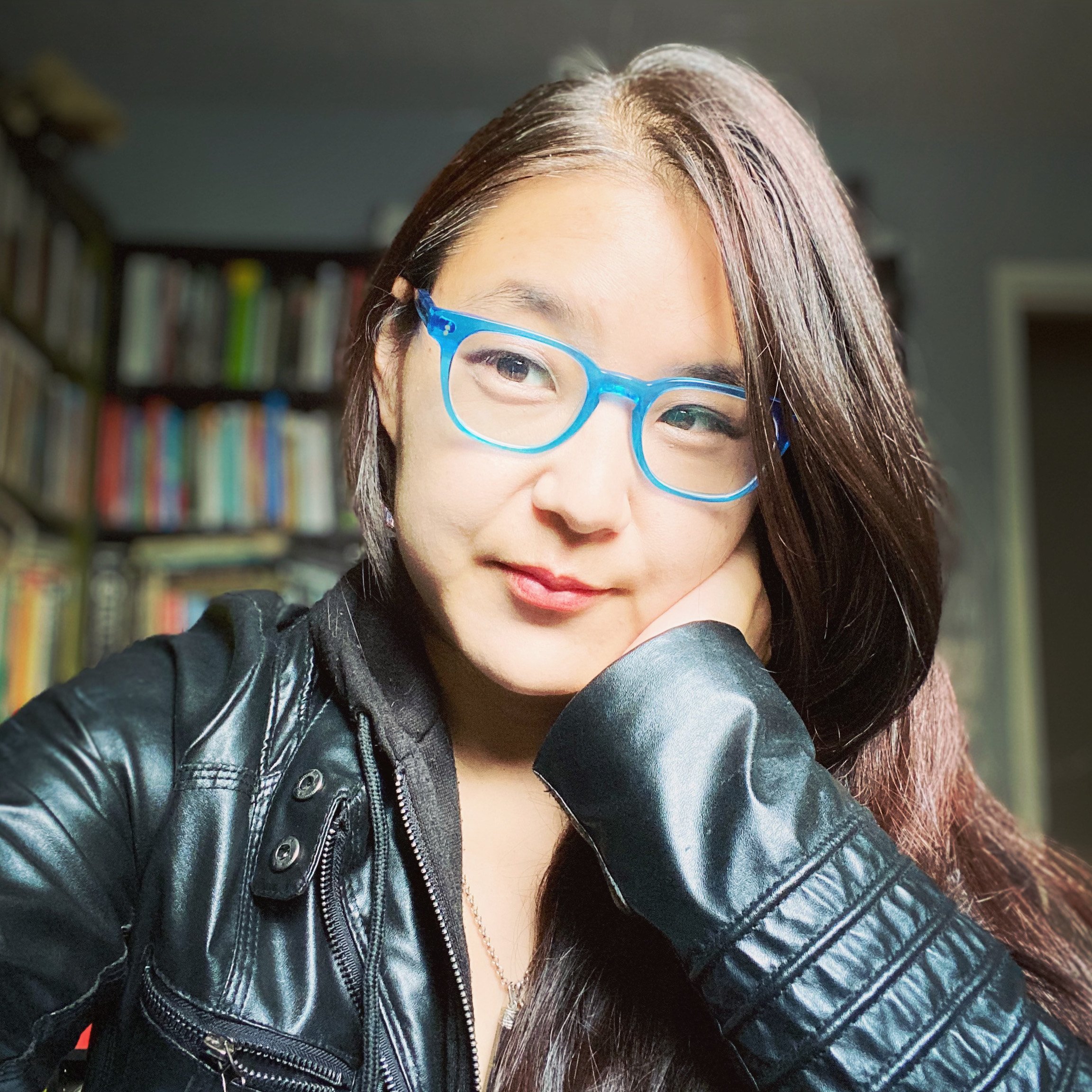
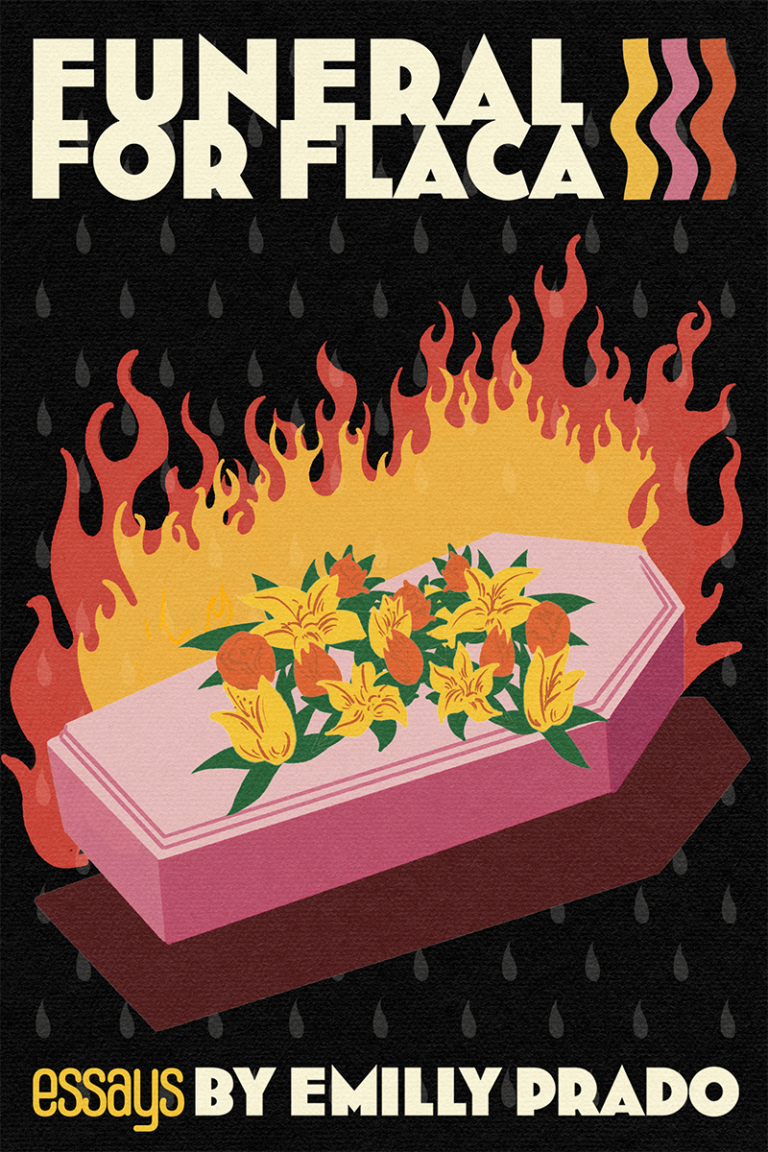

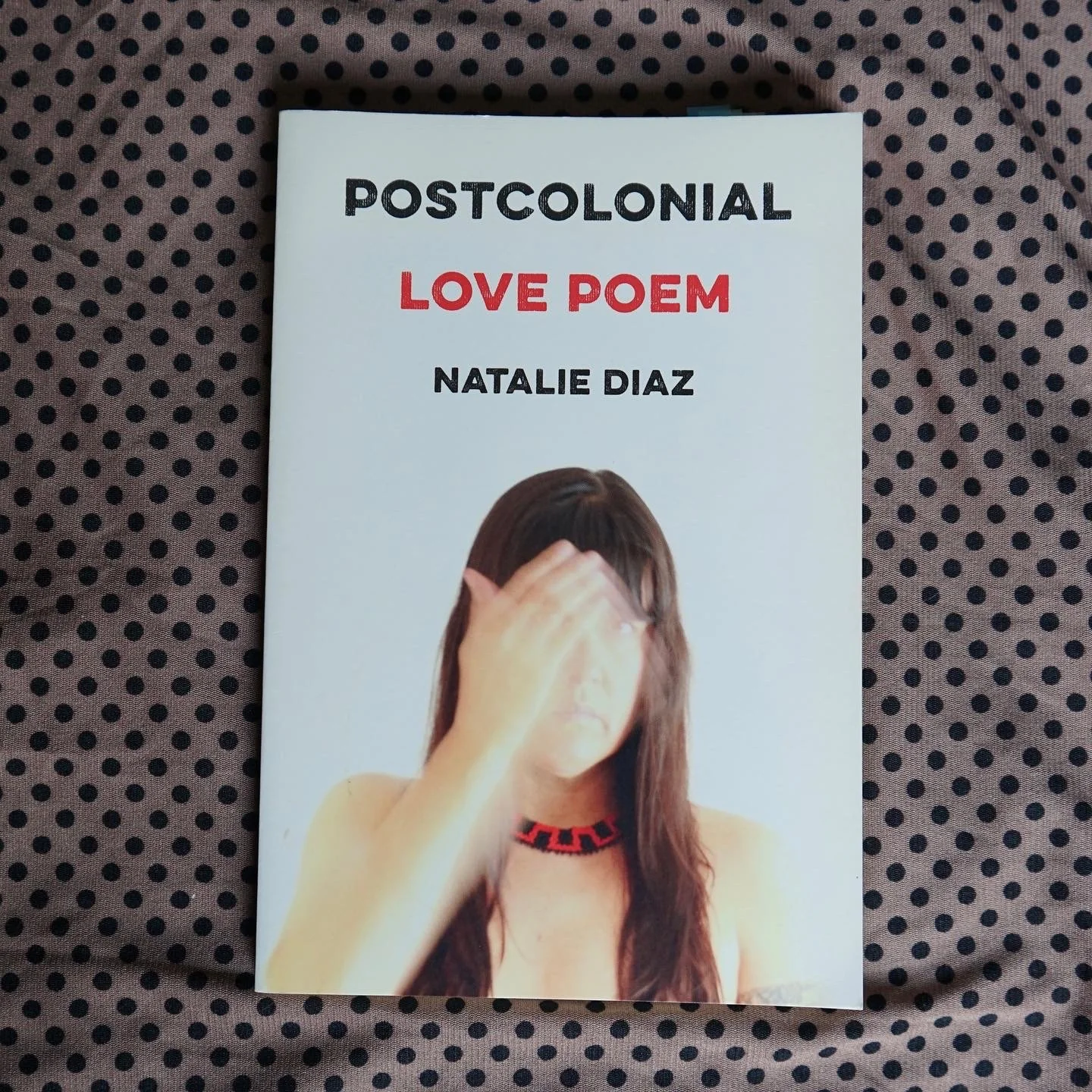











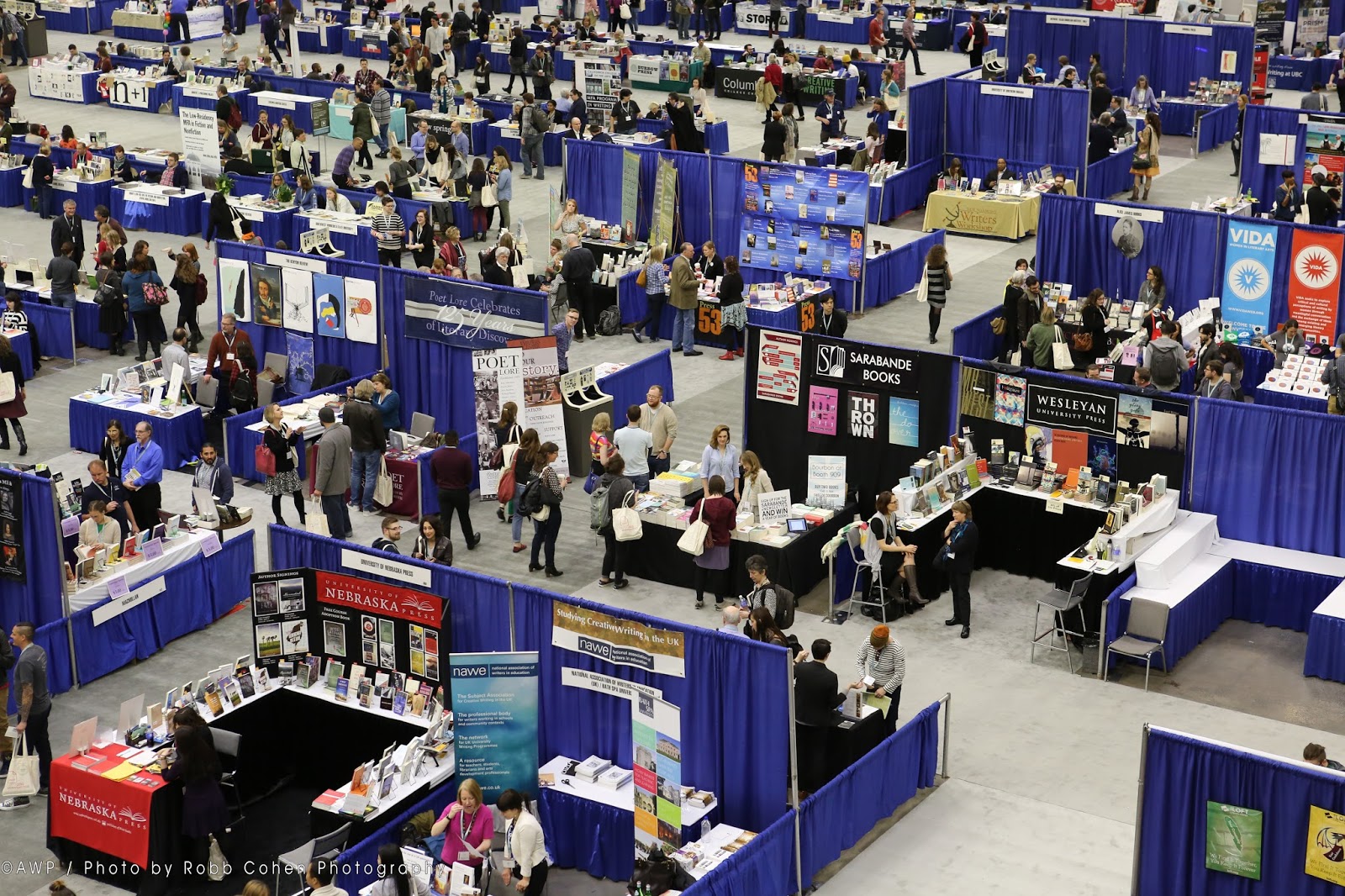



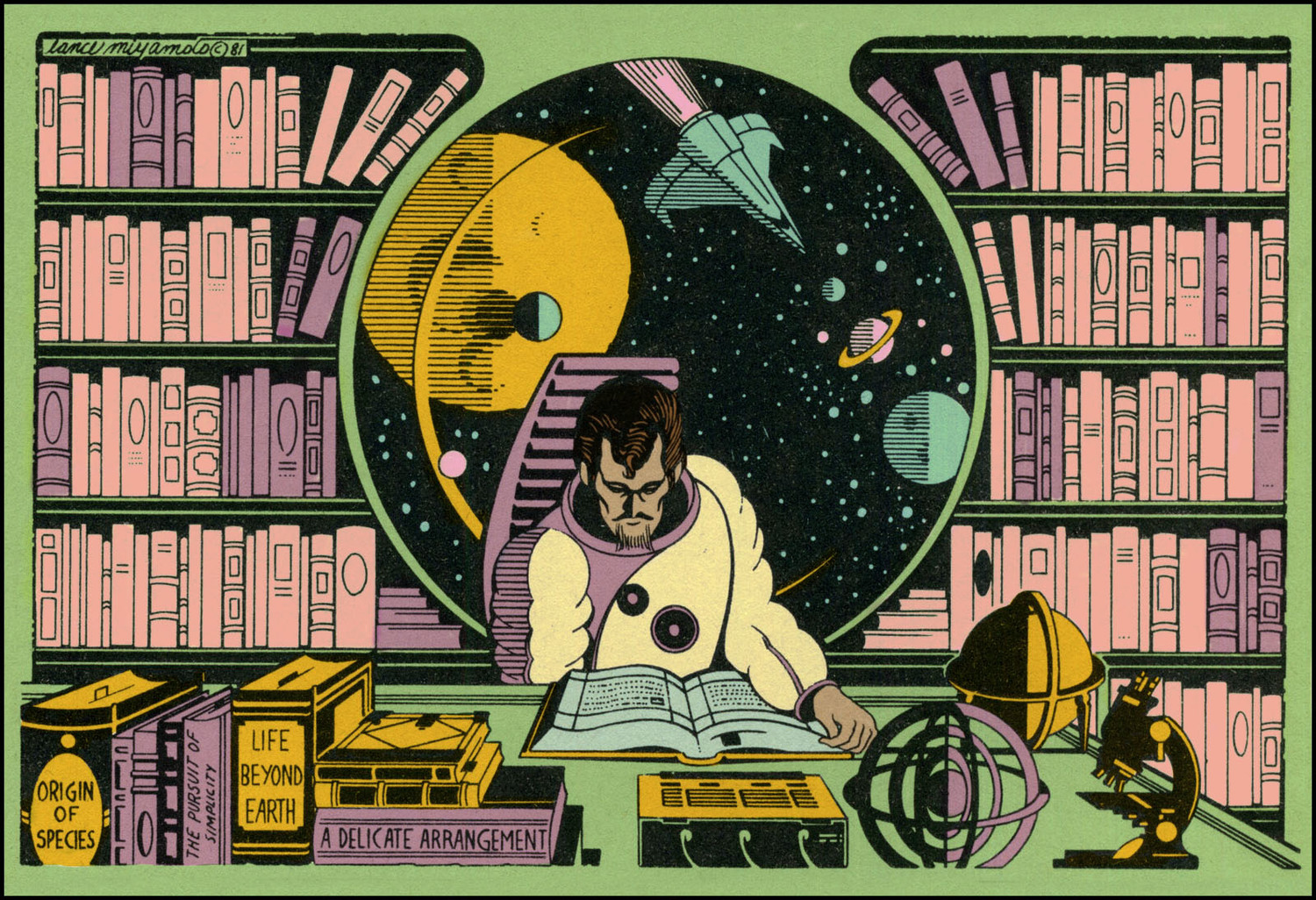


Our stay at Mile Post 5 has been a phenomenal experience. We have enjoyed having a large space to ourselves in which we’ve been able to not only exhibit the entire (and continually expanding) collection of books, but create a space where we’ve hosted readings, offered writing workshops, provided room for meetings, and enabled writers and artists of color to interact with each other, as well as the local community. Here’s an overview of what' we’ve done this summer.